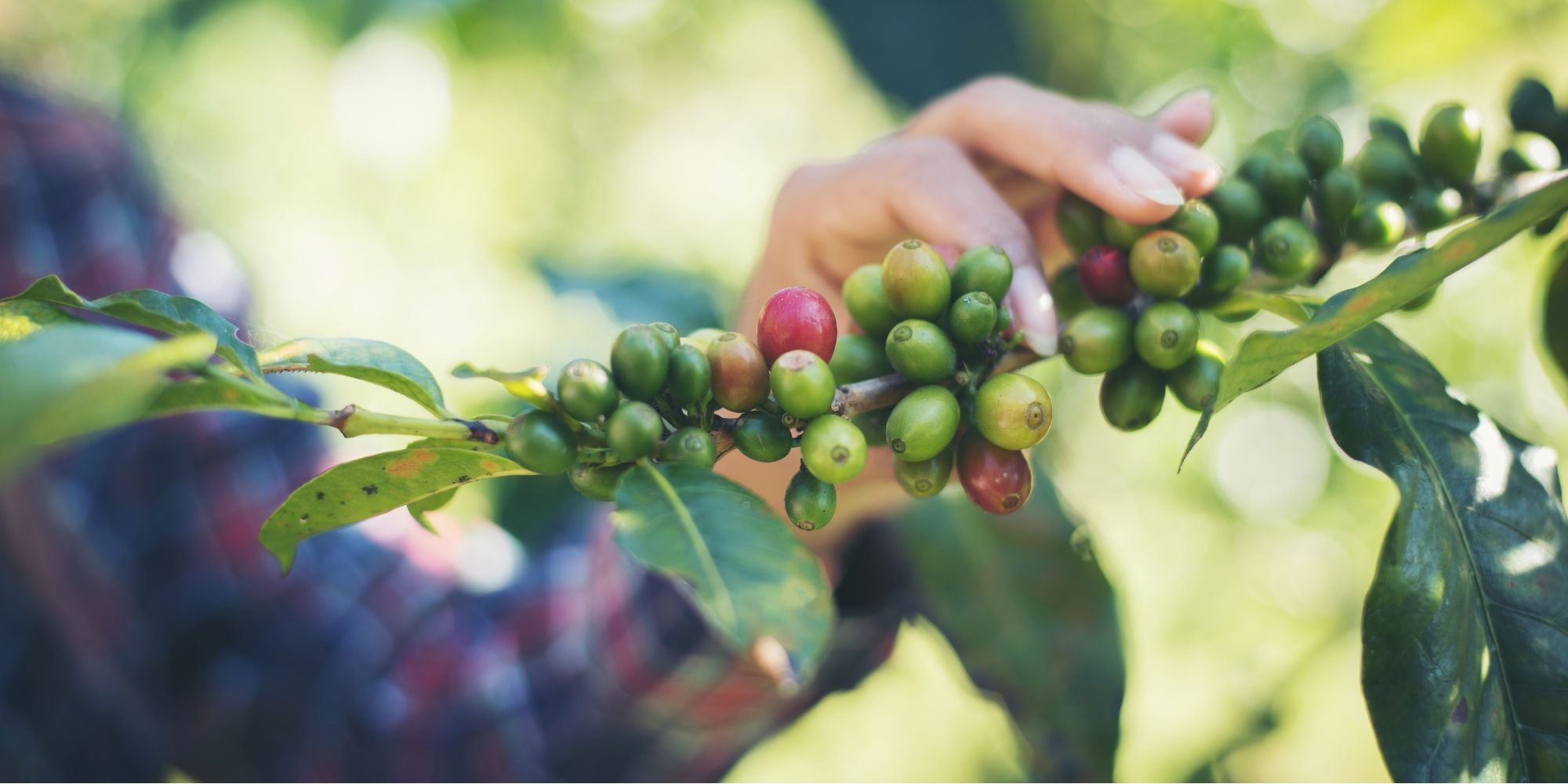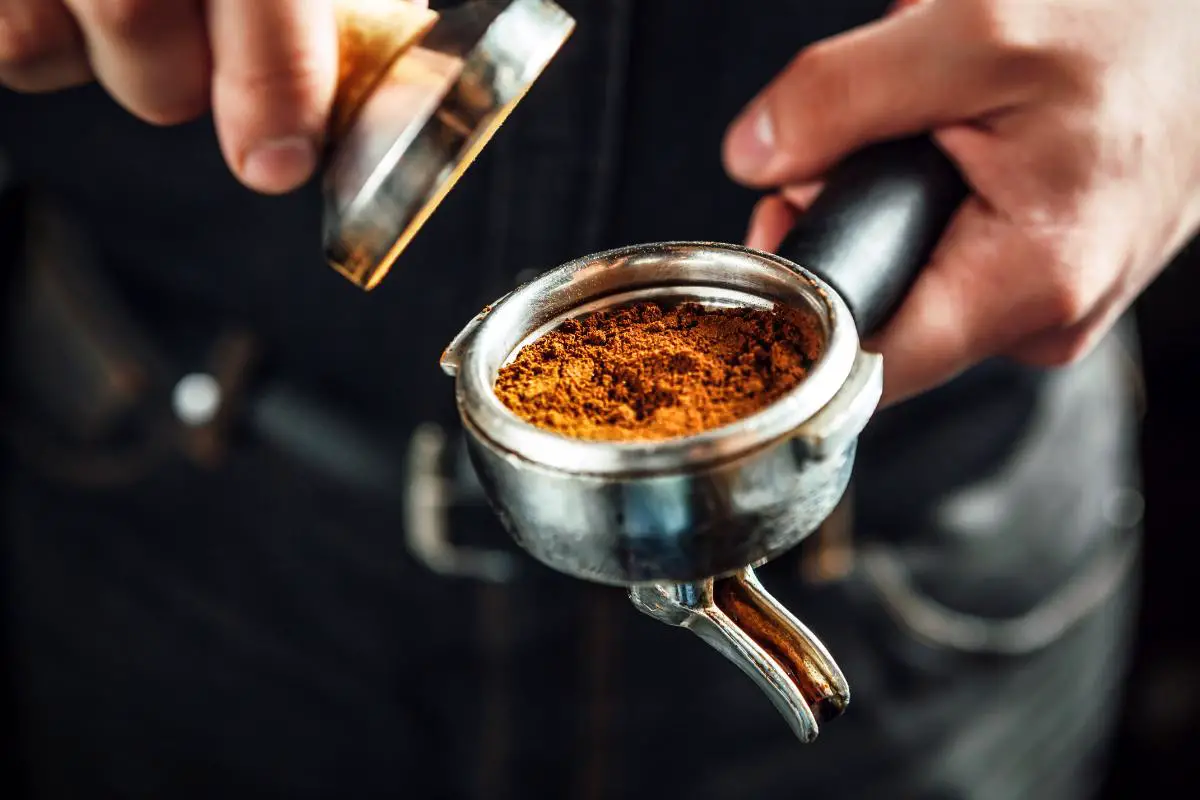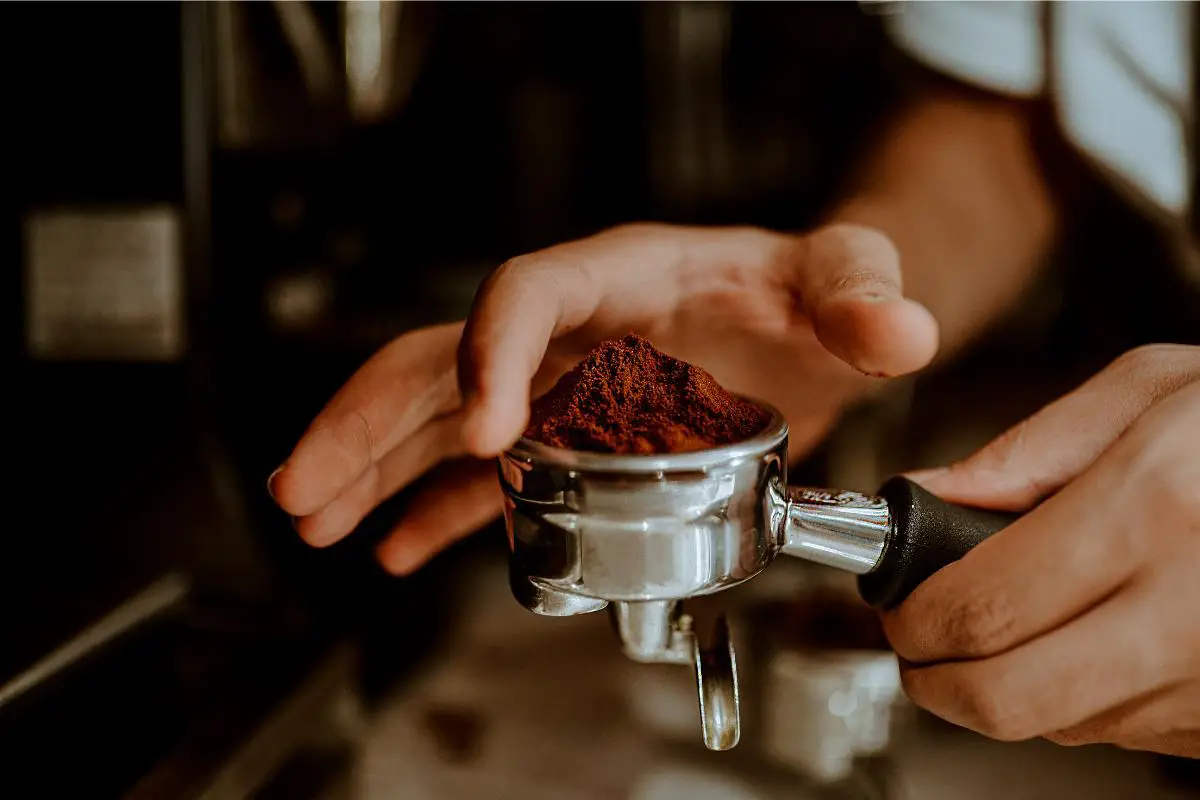Very few of us are aware of the vast variety of coffee beans available, which is why it can become quite hard to know how to source specialty coffee beans.
With the growing number of people who have the urge to go that little bit further and discover the origin and unique characteristics of their coffee beans, it is therefore very important to know how to source specialty coffee beans.
There is such a wide variety of coffee drinkers and enthusiasts, all wanting to drink the best coffee available in the market for their preferred methods of brewing.
Therefore, there is so much to consider in respect of the choices made when sourcing specialty coffee beans and is why coffee companies, manufacturers, and roasters work very hard to earn the speciality coffee tag.
How to source specialty coffee beans? Establishing and cultivating fair and sustainable, long-term, direct relationships with coffee producers and co-operatives is key to sourcing the best specialty coffee beans available.
In this article, we will walk you through how to source specialty coffee beans to save you time and money.
Table of Contents
What Is The Truth To Sourcing Coffee Beans?
The purchasing of coffee beans is constant so sourcing of the beans includes both function and process.
The function includes the calling, emailing, texting and finalising of an order, weather that be in person or online.
On the other hand, the process of sourcing coffee is very much complicated. Speciality coffee has the special flavour and quality and also represents the place from where it comes from.

The tactics, execution, decision making are very much complicated and it needs experience to master over.
Coffee is a commodity and the buying decision depends on cost, quality, availability and also relationship.
Overpaying to get something is a foolish decision. So, at the time of buying, we will have to be very careful about the specifications and varieties of coffee beans.
Specialty Coffee Overview
Coffee is not just coffee for coffee lovers. It is much more than that. Speciality coffee makes its new wave in the world.
This type of coffee focuses on the quality of the coffee, it’s sourcing, its transparency, its brewing method and all.
“These coffee beans are defined as coffees scoring 80+ on the SCA and CQI score sheets and having no primary defect in the cup or green coffee”
Horsham Coffee Roasters
Speciality coffee understands where the coffee comes from and where it originated from and is also known for its strong smell and taste.
Many customers and coffee lovers love the taste of this kind of coffee as you can consume a coffee which is full of flavour and rich in texture as well.
Quality oils and aroma come with speciality coffee, and when fresh, speciality coffee has a beautiful glossy appearance..
So, as you can see that the sourcing and processing of this type of coffee beans are very much necessary. As per their growing method, the taste and origin are different from other types of coffee.
Where Is Coffee Grown?
Coffee grows in the equatorial zone, commonly known in the coffee industry as the coffee bean belt.

This also depends on the different altitude level. The growing place of coffee decides the taste and scent of the coffee.
How To Source Specialty Coffee Beans?
As a coffee lover, you must hear the terms such as direct trade, fair trade or ethically sourced.
In the speciality coffee sector, you will generally get all this information labelled on the packaging.
Green coffee beans (before roasting) go through different stages from varieties of buyers until or unless you will get it into your cup.
In many cases there is someone else who is directly making a deal with the farmers.
Some methods include working with an importer which essentially removes all the legwork and liability associated with buying green coffee beans directly from a farm.
These trained experts know how to source coffee from around the world while maintaining quality and consistency.
That means you, as the roaster, does not need to worry about all the details involved in importing your preferred coffees.
However, some roasters are committed to using direct trade in sourcing their coffee in order to ensure a fair and transparent price for coffee producers that is above and beyond the Fairtrade base price.
This involves sourcing coffee directly from the origin so that you can work towards building sustainable, mutually beneficial relationships with coffee producing communities.
What is Fair Trade Coffee?
Fair-trade is a USA based organisation. It certifies the farms and sets strict and standard guidelines.
Fair-trade is good to force in the world as roasters want to ensure a higher level of quality for what they are paying for.
It is very much important to trade fairly and directly with small scale producers, and is necessary to offer the customers ethical choices.
“These standards always involve paying farm laborers a fair wage and treating their land with care. As a result, certified farms can charge a higher price for their beans to companies that value sustainability”.
Raj Jana, chief brewing officer
What is Direct Trade Coffee?
On the other hand, there are so many specialty roasters who travel to origin countries to make a deal with the farmers in person.
This process of dealing will cut down the middleman, therefore, the roasters can buy specialty grade coffee beans at a lower price.
Many roasters give the promise that they cut out the middleman from the purchasing chain and the idea of trading is direct from the farmers to roasters.
In the case of small scale coffee farmers, it can be very difficult to get the demand they need to survive, so this kind of cooperation is very much needed and essential.
In Africa, this kind of cooperation is very much important.
How To Source Freshly Roasted Specialty Coffee Beans?
You don’t always have to source coffee beans in their green form, you can also source coffee beans once they have been roasted.

There are a variety of methods to buy freshly roasted and speciality grade coffee beans, including;
- Direct from roaster
- Cafe/Coffee Shops
- Online stores
- Gourmet Grocers
You can source coffee beans from different portions of the world, so if you do not know where to source specialty coffee beans, then you should visit your local roasted coffee shops.
Storage is a very important factor to consider before coffee beans have been shipped.
So, you will have to order your coffee beans from the shop or the roasters who can store correctly.
For better results, ensure that the coffee bag has an air valve in it. These air valves continue to lose the gasses, and will keep the coffee fresh inside the packet.
The quality control, packaging, labelling and shipping are very much important with speciality coffee.
What Regions Can You Source Specialty Coffee From?
The different regions produce multiple tastes of coffees. Let’s look at the diversity of the coffee flavours.
Central America
A lot of coffee grows in Central America. These are processed through the washed method, which are grown in higher altitudes.
The customers will get a high degree of clarity in coffee flavour in these coffee beans.
However, Mexican coffee is one of the exceptions of this region. Most of those beans are grown in lower altitude levels.
This creates the heavy body of coffee beans and deep flavour as well.
On the other hand, Panama grows some of the stellar coffee beans of the region. You will get here the vibrant, crispy and flowery flavour in the coffee beans.
South America
This is one of the massive continents. They follow a large degree of differentiation and diversity while it comes to the matter of coffee growing.
You will get so many varieties of flavours such as fruity coffee, nutty coffee, earthy coffee and all.
Ecuador’s coffee is highly crisp and also comes with gentle fruity notes.
Colombia is also producing very special kinds of coffee beans, as well as Brazil who are presenting the high-standard of coffee, with mellow acidity and heavy body.

Asia
Again, a lot of coffee grows and comes from southeast Asia. We can get coffee from Thailand, Vietnam and Myanmar.
You can get the spicy flavour and crisp tasting notes with these specialty coffee beans.
Africa
As we all know, Ethiopia is the birthplace of coffee.
The place is popular for the natural process of coffee beans. You will get the exotic, wild and fruity aroma in their coffee beans.
On the other hand, Burundi produces light-bodied coffee beans. This will show the tang and exotic fruity aromas. Kenya, however, produces a less fruity flavour.
How Is Specialty Coffee Processed?
Coffee beans are harvested from the coffee tree as they come in a cherry-like coating, which are called coffee cherries, and coffee beans themselves are inside the cherries.
There are two of the most common methods of processing these cherries.
Natural Process
After the step of harvest, the cherries are allowed to ferment, and during the natural process, coffee cherries are laid out to dry in the sun
It is a very important step before separating and removing the cherry flesh coating of the coffee beans.
During the period of fermentation, the coffee beans absorb the taste of fruity flavours.

This is the original method of processing which is said to have originated in Ethiopia.
Washed Process
This is the quite the opposite process of the natural process.
The cherry is separated and removed and the coffee beans are dried as well.
You will get the unaltered flavour of coffee here in this process and needs a lot of water as it will produce high-quality coffee.
Washed process is one of the popular and mostly used coffee processing methods in the world.
Source Specialty Coffee Beans F.A.Qs

A: Yes – in some cases. Sometimes the Fair-trade certification really improves the conditions of farmers and producers.
But other times, Fair trade remains a label that makes consumers feel good about their choices.
A: Direct trade is a form of sourcing practiced by certain coffee roasters, chocolate makers, tea sellers, and more who build direct relationships with the farmers and processors who sell their products.
Eliminating the fees involved in being a certified fair trade company (e.g. fees, dues, and surcharges).
A: There are four primary types of coffee beans we’ll be discussing here: Arabica (Coffee arabica), Robusta (Coffee caniphora), Liberica (Coffee liberica), and Excelsa (Coffee liberica var. dewevrei)
A: Arabica coffee beans are considered the most high-quality variety. They’re known for their smooth, complex flavour and distinct lack of bitterness.
Depending on where they’re grown, Arabica beans can offer many different tasting notes, from earthy Indonesian to floral Ethiopian.
Conclusion: How to source specialty coffee beans
Overall, navigating the ins and outs of coffee sourcing can feel like an overwhelming and complicated process.
However, now you have an idea on how to source specialty coffee beans, you will be able to ensure you can provide the best coffee beans for the wide variety of coffee consumers and enthusiasts.
If you plan to source your coffee beans from an importer, the process is fairly straightforward, and if you prefer to source beans directly from a coffee farm, there can be a bit more work ahead of you.
Knowing how to source specialty coffee beans is worth the time and effort and it is something that you should learn, whether that be a direct or fair trade approach.
If you enjoyed this article, read more like this by checking out our Specialty Coffee Beginners Guides.




